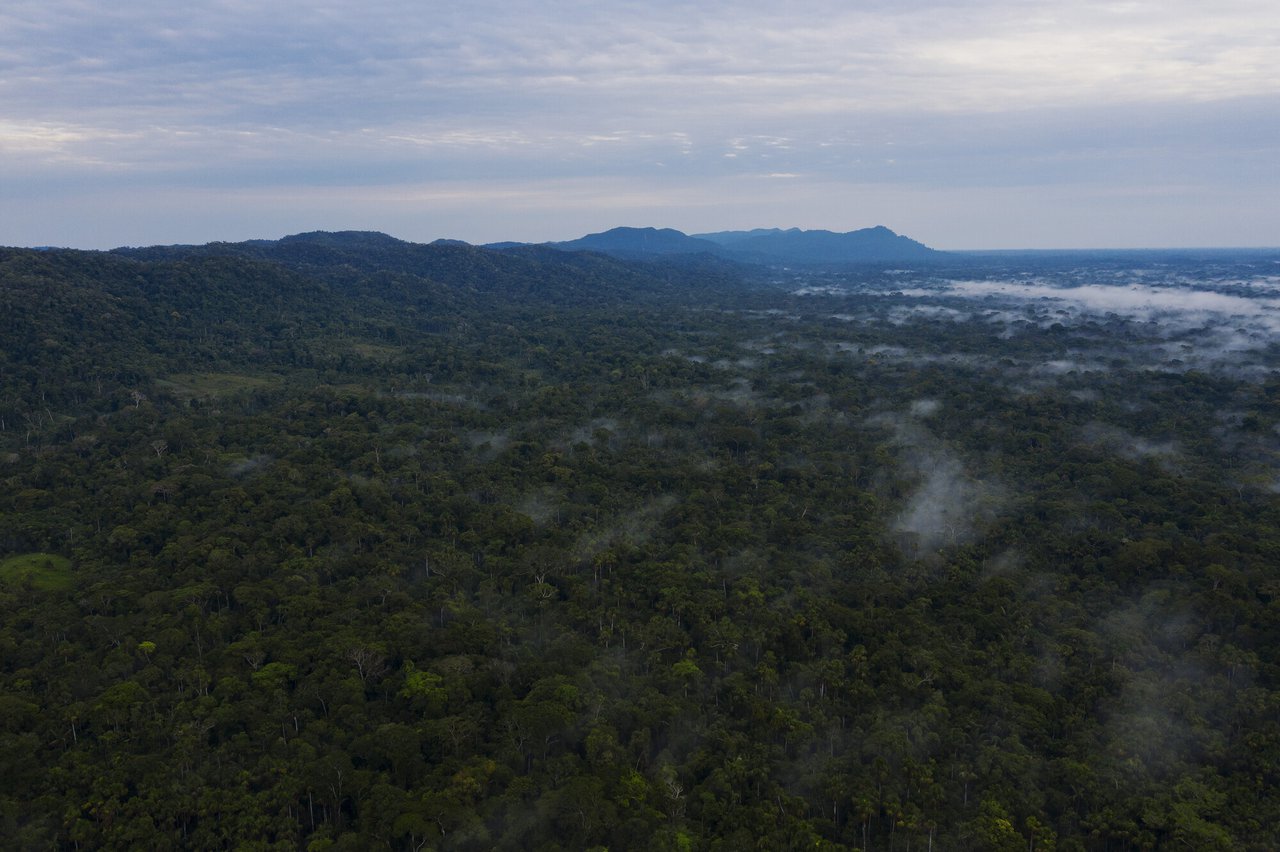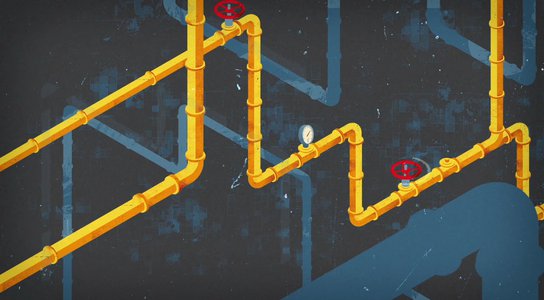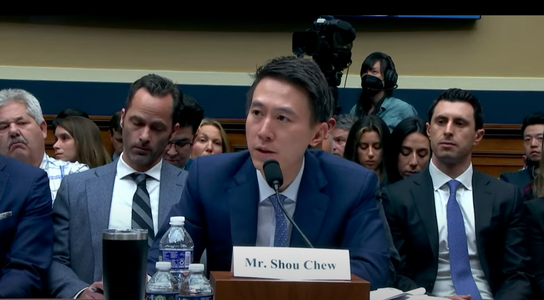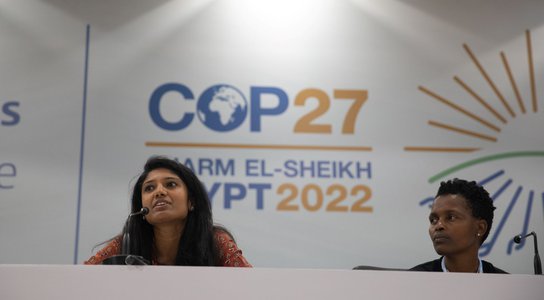
For more examples of our impact, see our 2020 annual report
At the end of 2020, we published Beef, Banks and the Brazilian Amazon. It was the culmination of over a year of research and was our most ambitious data-driven investigation to date. Work on the report began in 2019 when the Forests and Data Investigations teams set themselves the goal of mapping Brazil’s largest beef companies’ supply chains using only public records to see if they sourced cattle from ranches associated with deforestation.
For the three previous years, auditors had awarded the beef companies in question – JBS, Marfrig and Minerva – clean bills of health. Yet, there was anecdotal evidence that the major beef companies were not playing by the rules. Our analysis sought to take a birds-eye view of this, looking in detail at the beef companies’ supply chains within Pará, the Brazilian state with the largest cattle herd and a hotspot for deforestation.
The results were shocking. The report ultimately revealed how Brazil’s biggest beef trading companies are linked to tens of thousands of hectares of illegal deforestation. Despite the auditors saying otherwise, our analysis shows how the firms’ suppliers – both direct and indirect – are deliberately flouting the law, with the companies themselves apparently turning a blind eye.
To conduct this analysis, Global Witness’s Data Investigations Team had to build a picture of the beef traders’ supply chains. We used documents called animal transit guides (GTAs), filed by ranches with the Pará state agriculture agency when they move animals around – for example, when selling cows for slaughter or export. The GTAs are available to consult one-by-one through an online portal. By guessing the documents’ ID numbers and automating the process with a technique known as web scraping, we were able to obtain more than three million GTAs dating from 2014 to 2020.

Our report used publicly available records and satellite imagery to show how some of the biggest producers of meat were complicit in illegal deforestation through their supply chains. Lalo de Almeida/Panos/Global Witness
Animal
transit guides are just one piece of the puzzle. To quantify deforestation,
Global Witness used a data set called PRODES, published by Brazil’s federal
space agency, which shows areas of deforestation detected in satellite imagery.
We then overlaid this data with information from the Pará state rural
environmental register (CAR), which shows the boundaries of ranches,
self-reported by their owners. The three data sources were combined
automatically to throw up a series of suspect ranches, which were then
investigated manually by Global Witness researchers.
The data analysis exposed the systemic nature of illegal sourcing of cattle within the Brazillian beef industry. It also proved that it’s possible to quantify deforestation in beef companies’ supply chains using publicly available data combined with free, open-source tools. The fact that Global Witness’s small Data Investigations Team was able to do this is an essential lesson for auditors, financial institutions, and the companies themselves, which sometimes claim there is insufficient data to monitor and assess environmental risk in supply chains effectively.


